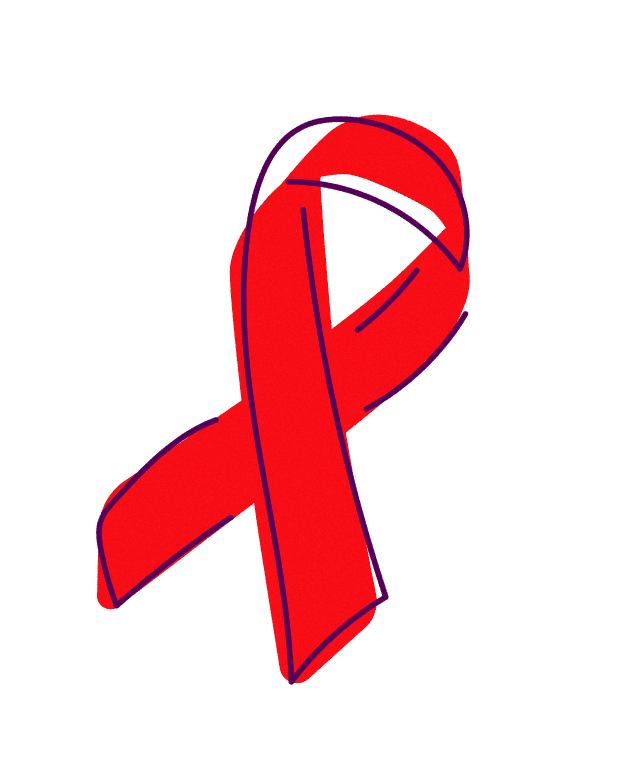This case study from WAAC demonstrates the theory of change working in practice. Through their engagement with their communities and alignment with the sector, WAAC was able to achieve increased effectiveness, increased efficiency and stronger partnerships – all of which, led to better outcomes for their community.
A survey of over 3,000 same-sex attracted and gender-diverse young people in Australia found that 75 per cent had experienced some form of homophobic or transphobic bullying or abuse1, and 80 per cent of those bullied or abused reported that these experiences occurred at school. As a result, 21 per cent had missed classes or days at school, and 8 per cent had dropped out.
The Safe Schools Coalition is committed to combating these shocking statistics. A national network of organisations, the Safe Schools Coalition works with schools to create safer and more inclusive environments for same-sex attracted, intersex and gender-diverse students, staff and families. The initiative is funded by the Commonwealth Department of Education and Training and convened by The Foundation for Young Australians. In 2015 WAAC was selected as the Coalition partner responsible for delivering the Safe Schools Coalition program across Western Australia.
Safe Schools Coalition WA works with educators and school staff, building the capacity of the education sector to support same-sex attracted, intersex and gender-diverse students, staff and families. This work includes free resources and support to equip staff with the skills, practical tools and confidence to lead positive change in their schools. The program supports both primary and secondary schools, and works in metropolitan, regional and remote areas. For example, the Safe Schools Coalition WA team has travelled to all regions of WA, including four and half hours north and south of Perth to connect with regional school staff and organisations in Geraldton and Albany.
WAAC was a credible partner to deliver the program due to their long engagement with lesbian, gay, bisexual, trans, intersex and queer (LGBTIQ) communities in Western Australia. For example, WAAC auspices the Freedom Centre, which has been operating for over 21 years as a peer-led service to promote mental health and reduce social isolation. The Freedom Centre is a safe space for the delivery of a wide range of programs to support LGBTIQ youth. For WAAC, the Safe Schools Coalition program was an opportunity to align their existing work in schools with a national program. WAAC’s deep understanding of the experiences and needs of young LGBTIQ people (engagement) and their strong partnerships with schools (alignment) positions them to deliver a more effective program, more efficiently (increased effectiveness and increased efficiency).
WAAC have received excellent feedback about the program. For example:
‘I enjoyed practical strategies for immediate implementation!’ (2)
‘We are already inclusive, now we will be more explicitly supportive and more visible.’ (3)
An important part of the program is building sustainable change. For example, by supporting school policies and implementation strategies, establishing school action teams, and conducting train-the-trainer workshops, the WA AIDS Council – through Safe Schools Coalition WA – is ensuring that benefits will continue long after the program ends, which further increases the program’s overall efficiency and effectiveness. This focus on school communities is an important step towards the goal of ensuring all communities are safe, inclusive and free from stigma and discrimination.
